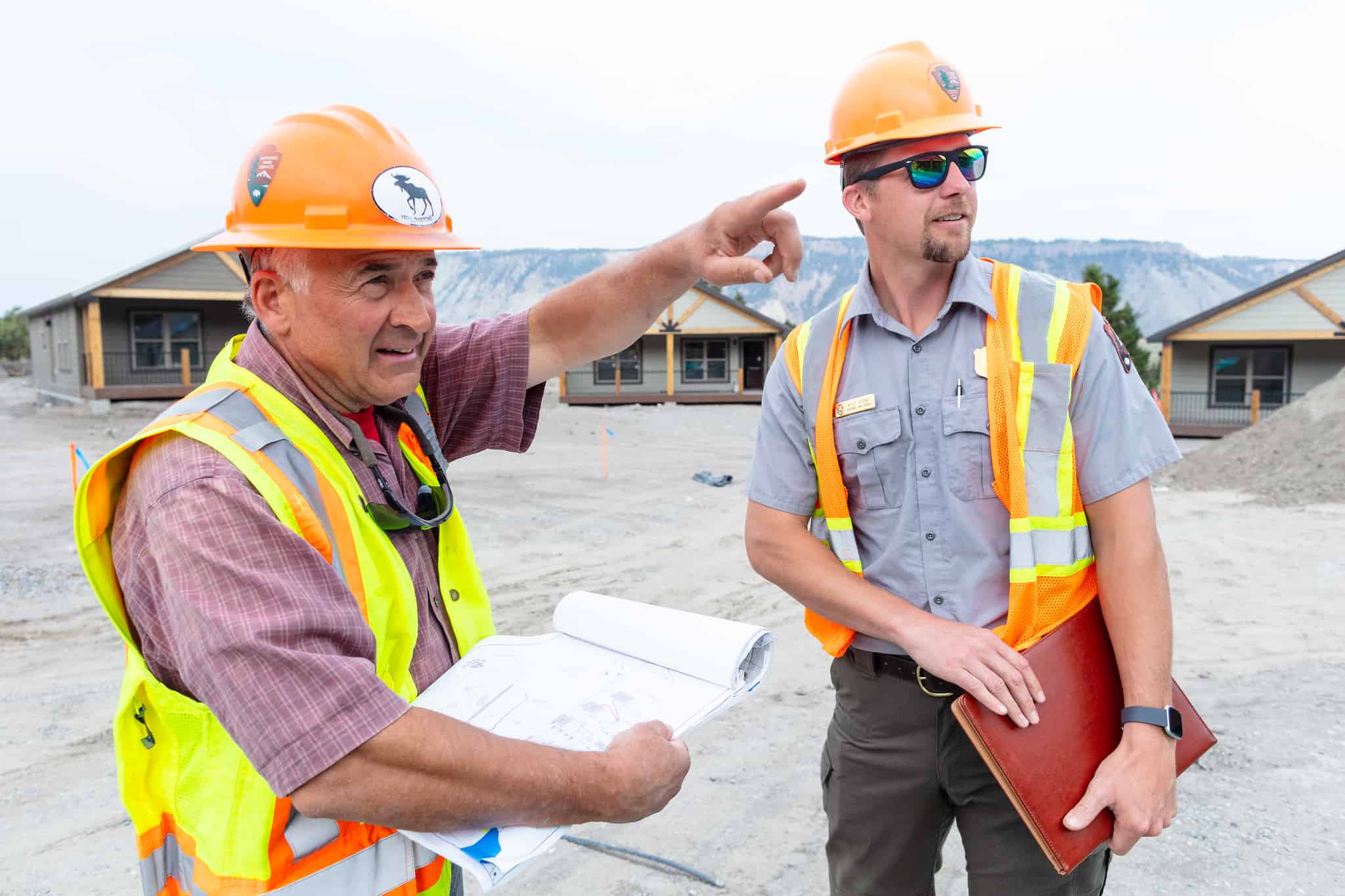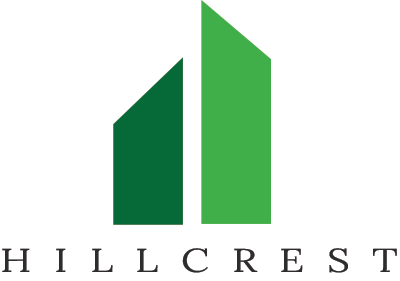An HOA reserve study helps homeowners associations plan for long-term expenses. It assesses an HOA’s financial health and ensures adequate savings for future repairs and replacements. Without a reserve study, associations may very well struggle to cover unexpected costs.
What is an HOA Reserve Study?
A homeowners association reserve study evaluates an HOA’s reserves and how ready it is for major repairs and replacements. It examines common elements such as roofs, roads, pools, clubhouses, and landscaping. The study also determines the estimated costs of these projects and calculates how much the HOA should set aside annually.
Without a reserve study, the HOA may struggle to cope with large expenditures down the line. When a roof caves in, for example, an HOA would likely need to resort to charging special assessments or taking out a loan. This will negatively impact homeowners.
A reserve study typically includes three parts: a physical analysis, a financial analysis, and a funding plan.
- Physical Analysis. This part inspects common areas and estimates the remaining lifespans of HOA assets.
- Financial Analysis. This is the part that evaluates the current reserve fund and future funding needs.
- Funding Plan. The funding plan provides recommendations for financing the reserves. It provides a schedule to help maintain a sufficient reserve balance.
Reserve studies help HOAs create realistic budgets and avoid financial shortfalls. By regularly updating this study, HOAs can ensure that their financial plans remain up to date.
Condo Association Reserve Study vs HOA Reserve Study
A reserve study for condo association properties follows similar principles but covers different elements. Condo associations maintain more shared spaces, such as elevators, hallways, plumbing systems, and underground garages. These elements require careful financial planning t so the association can avoid costly emergency repairs.
While both HOAs and condo associations rely on reserve studies, their funding strategies differ. Condos often have higher reserve contributions. This is because they tend to have more extensive common areas to manage.
On the other hand, HOAs with detached homes typically focus on maintaining amenities like clubhouses, pools, and private roads. As a result, condo owners tend to pay higher dues to cover maintenance costs.
A condo reserve study is particularly critical, especially after the Surfside Condominium Collapse in Florida. Without a reserve study, it’s nearly impossible to determine how much a condo needs to fund necessary repairs and replacements.
How Does a Reserve Study for HOA Help?
An HOA reserve study provides financial stability to any community. It prevents unexpected costs, which can come as a burden to homeowners. Here are the benefits of a reserve study.
- Prevents Special Assessments. With adequate reserves, an HOA would have no need to levy large special assessments when repair needs arise.
- Protects Property Values. Well-maintained common areas help enhance property values and community appeal.
- Ensures Fair Contributions. A structured funding plan gives associations a schedule to follow. It distributes costs evenly over time.
- Improves Financial Planning. With a reserve study, board members can make more informed and sound financial decisions.
A reserve study not only benefits the association and its residents but also future buyers. Mortgage lenders, insurance providers, and potential buyers typically favor communities with well-funded reserves.
Types of HOA Reserve Studies
There are three main types of reserve studies: a full reserve study, an update with a site visit, and an update with no site visit. Let’s break these down below.
1. Full Reserve Study
A full reserve study is a comprehensive one that includes a detailed physical and financial analysis. This also establishes a funding plan for the association based on its long-term needs. It consists of an inspection of the association’s components, an estimate of their remaining useful life, and an approximation of the cost to repair or replace them.
2. Update With Site Visit
This is a periodic update that includes a new physical inspection of the community’s physical components. It factors in deterioration, wear and tear, and environmental damages that took place over the years since the last study or update. This type also includes adjusted financial recommendations based on new findings.
3. Update Without Site Visit
This is only a financial update that uses existing data. It does not include a physical inspection of the association’s components. This type of update adjusts the funding strategies between full reserve studies.
How Often Should an HOA Update a Reserve Study?
Associations should update their reserve studies regularly to keep financial plans accurate and effective. Industry experts recommend updating a full reserve study every three to five years, depending on the size and complexity of the association.
Is an HOA Reserve Study in Chicago Required?
Illinois law does not legally require HOAs to conduct reserve studies. That said, if a condo association does have one performed, the study should be included in the association’s records. This is according to 765 ILCS 160/1-30, 1-90.
While not legally required, lenders and buyers often prefer communities with updated reserve studies. Reserve studies help ensure strong reserves, which tend to be more favorable among potential homeowners. Additionally, associations with healthy reserves are less likely to impose special assessments.
Even without a statutory requirement to perform a reserve study, HOAs should still consider it. After all, reserve studies offer several benefits to the finances of an HOA.
How Much Does an HOA Reserve Study Cost?
The cost of an HOA reserve study varies based on property size, complexity, and the type of study needed. In general, small communities should expect to pay between $2,500 and $5,000, while medium-sized communities should expect to pay between $5,000 and $10,000. Finally, reserve studies for large HOAs might end up costing $10,000 or more.
Costs can also depend on factors such as the number of amenities, common areas, and the analysis depth needed. Full reserve studies understandably cost more than financial updates without site visits because they come with more inspections and analyses.
Although reserve studies can be costly, homeowners associations do end up saving money in the long run. This is because the study helps prevent financial shortfalls and ensures smooth financial planning. When it comes down to it, a reserve study is an investment that far outweighs the risks of forgoing one.
Who Performs an HOA Reserve Study?
Despite what some may think, board members can’t conduct a reserve study on their own. An HOA requires the help of a reserve study professional or certified specialist. These experts assess property conditions and create financial plans for the association.
Many states have organizations that certify reserve study providers. The Community Associations Institute (CAI) offers professional certifications for reserve study specialists. Similarly, the Association of Professional Reserve Analysts (APRA) also certifies professionals in this field.
It is important for HOA boards to hire experienced specialists who have experience in dealing with HOAs and condos. This way, they can safeguard the financial interests of their association.
A Worthwhile Investment
An HOA reserve study protects community finances and homeowners from unexpected expenses. This study assesses future costs, allowing HOAs to maintain stable budgets. Although it is not always legally required, HOAs should still consider implementing one with the help of professionals.
Hillcrest offers HOA management services to communities in Chicago. Call us today at 630-627-3303 or contact us online to request a proposal!
RELATED ARTICLES:
- What’s The Right Way To Deal With HOA Delinquency?
- HOA Insurance: Types, Coverage And FAQs
- HOA Accounting For Board Members


